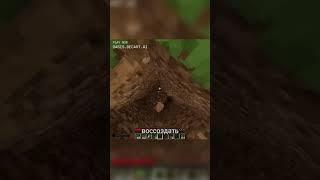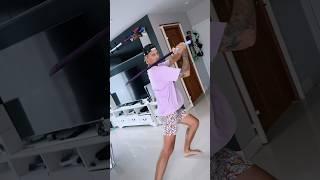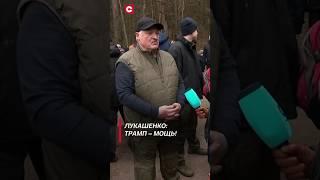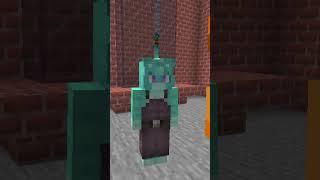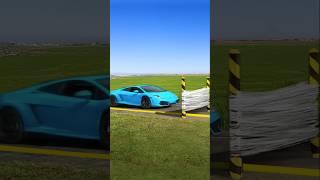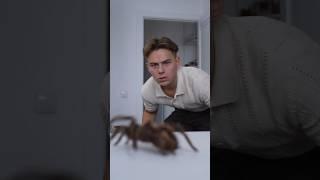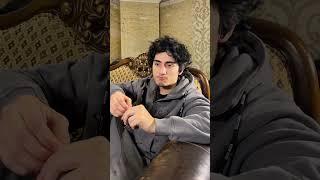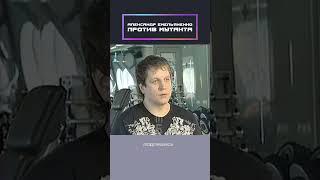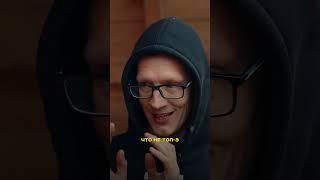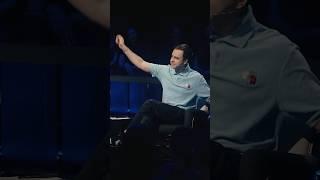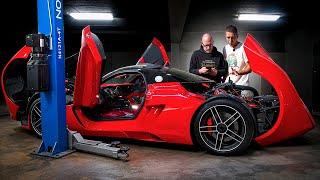
Do You Have an Eye for Photography? Don't Worry, You Can Get One!
Комментарии:

I was hoping you shared some of your work & showed examples of how to improve composition. I ‘m having difficulty in this are a capturing birds be it in flight or on a branch. TY
Ответить
Massapequa Preserve?!
Ответить
I'm definitely a subconscious photographer. I don't always realize what I have until I get into LR. Sometimes I just react and trust the process. Good video. Don't ever get lost in Texas though, it could get hairy if the property owner sees you (:
Ответить
Your trip through the woods was a simile for the artistic journey for me. The path was marked by white markers but you found your own individual way through the woods before rejoining the white markers and completing the journey. It emphasised the great points you were making about observing what others do, but working it out yourself to produce a unique style. Thanks for your help Eric.
Ответить
Myself as a beginner, I think the best thing to do besides always looking around for compositions is to shoot a lot. I know I will throw out probably 98% of what I shoot, but I like to sort out what I like and don’t like about my shots. I find I learn a lot this way and hopefully when I go back I retain what I learned so I do it better the next time. Often, especially when shooting waterfalls, I’ll shoot the same composition multiple times at different shutter speeds to see what I like best.
Ответить
i don't think there is a single element you can take a picture of that you wont find a group of people that like it to the stage of calling it art, no matter how awful it seems to one person another will love it.
humans are very diverse, you can see that in the fetish world.
if you think about all the bad art you really think is wrong, including photography some will see it as perfect.
your best art is doing what you want to do and enjoy creating, there will be others that like it, i would rather create something 1 person out of 100 think is amazing than to have 99 people think its ok

As a long time pro and someone who has taught hundreds of workshops which range from workshops from beginners to pros--studio and location--and all forms of lighting I'm going to have to disagree with your concept. One thing I tell the workshop attendees, particularly the beginners, is that I can teach them all there is to know about their camera, lenses, composition and lighting, but I can't teach them or give them an ability to see a great image. A person is born with that ability to see a great image--that's what separates great photographers from pedestrian photographers. It's like that in all aspects of life--a cyclist riding very competitively in the Tour de France is generally far above the local cyclist who wins most of the local races. And no matter how hard that local cyclist trains he will never achieve the physical/mental prowess necessary to qualify and compete in or win the Tour de France. Winners of that race are born, their physiological makeup is different, there's a host of books about this. And it applies to other areas as well--for example some mathematicians are born to be able to grasp extreme examples of mathematics, while other very good mathematicians can never quite achieve the same goals. So it goes for photographers. Every now and then even a blind dog can hit a hydrant, so someone will come up with a great image--does that mean they have a good eye or have developed a good eye for a great image? No, it just means they were lucky. Most people who take workshops become better photographers because they now understand their equipment and some rules of lighting and composition but it's doubtful they will ever make great images. It's just the way life is.
Ответить











